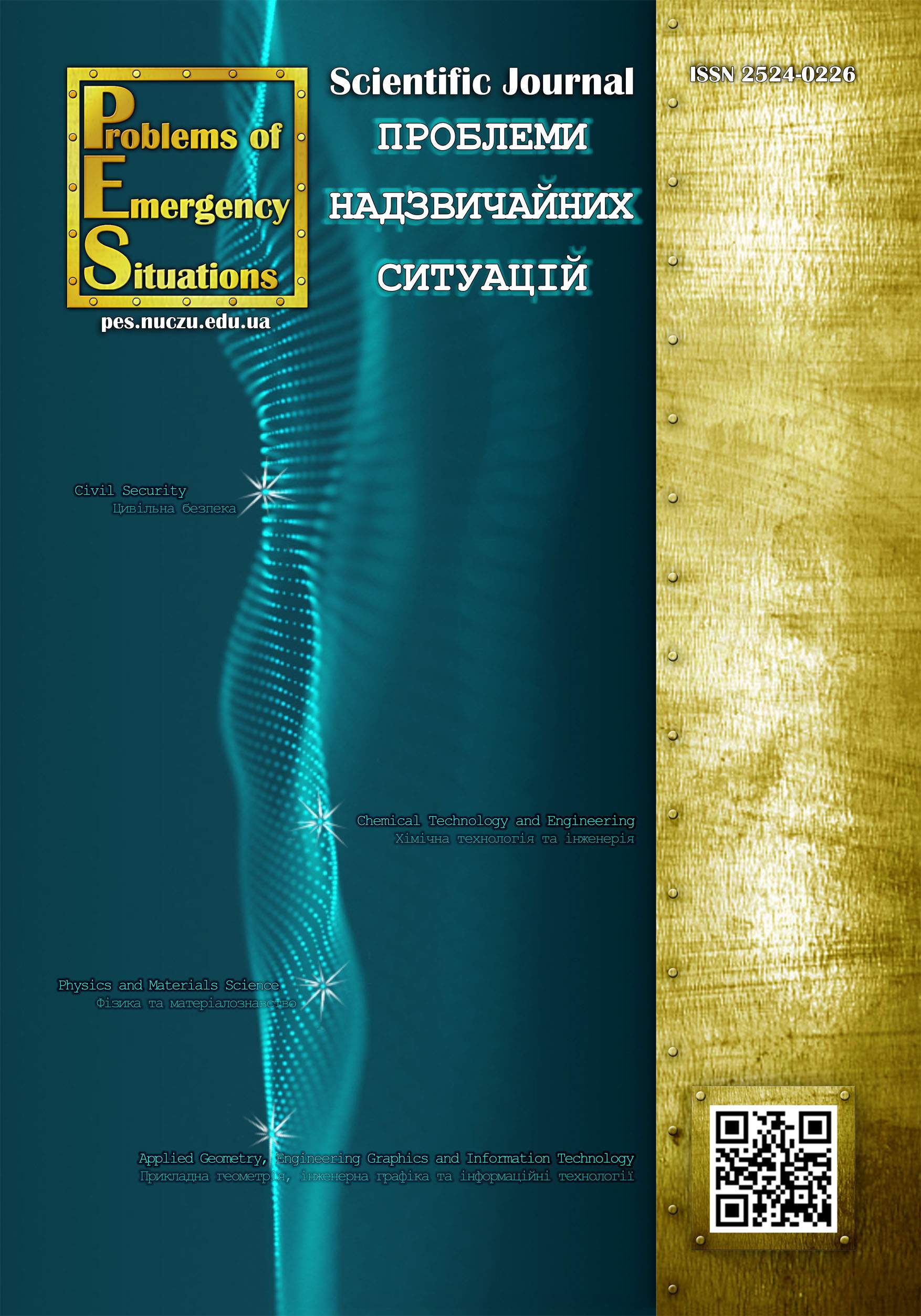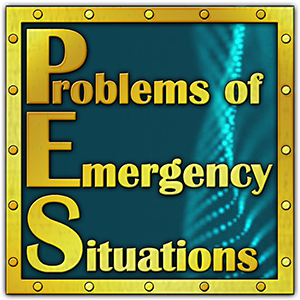The editorial policy regarding the prevention of manipulation is aimed at preventing the publication of falsified data, plagiarism, theft (attribution) of other people's names for authors' collectives, as well as preventing situations that may lead to biased expert assessment at the stage of reviewing manuscripts.
Based on these principles, each of the journals of the publishing house, within the framework of its regulations:
- accepts for consideration only those manuscripts that are accompanied by a License Agreement signed by the authors, in which the corresponding author is recorded (see Authorship: guarantees and liability);
- checks the availability of the relevant competencies among potential reviewers and confirms that they have no conflicts of interest;
- verifies the accuracy of data about a potential reviewer based on available identifiers (ORCID, profiles in indexing resources) and data on institutions with which the potential reviewer is affiliated, and, if necessary, a request is made to the appropriate institution;
- monitors the reviewing process for the reviewers' compliance with the regulations and identifying possible factors for the manifestation of atypical actions on the part of reviewers, which may have signs of manipulation during the reviewing process. The editors are guided by the COPE recommendations «How to spot potential manipulation of the peer review process».
In the event that a situation arises when atypical actions are noticed in the behavior of one of the reviewers or both reviewers *, the editorial board may attract other reviewers, including those recommended by the authors when submitting the manuscript as potential. In this case, the editorial board checks the possibility of attracting these reviewers (the reliability of their data, competence, affiliation with the institution, re-confirmation by the corresponding author, etc.) and, in case of successful verification, contacts the reviewers. The editors are guided by the COPE recommendations «What to do if you suspect peer review manipulation».
* all articles submitted for consideration for publication go through the stage of double-blind peer review. In some cases, the editor may also contact the reviewer(s) identified by the authors as potential for additional peer review.
Editorial рolitics of the scientific journal is the coverage of the results of unique studies of authors from different countries of the world on a wide range of fundamental, applied and non-pectoral aspects of modern science.
The editorial board supports the Open Access Initiative BOAI (Budapest Open Access Initiative) aimed at the free and free dissemination of scientific knowledge, which promotes the accelerated development of science.
The editorial board actively engages leading international scholars in the process of reviewing articles.
The editorial board actively promotes the scientific journal to international electronic libraries, catalogs and science-based databases for the purpose of in-depth integration into the world scientific information space, raising the rating of both the edition itself and the scientific metrics of its authors.
Open Access Policy
"Problems of Emergency Situations" is a professional edition of open access. All articles are free to view, read, download, and print.
Articles published in the publication are provided to readers under the terms of the free license CC BY-ND – Creative Commons Attribution-NoDerivs 3.0 Unported (unless the article explicitly states a more permissible CC BY-SA). Under the terms of the license, the authors remain the owners of the exclusive rights to their articles. The CC BY-ND license allows the distribution, commercial and non-commercial use of articles published in the publication, provided that they are transmitted unchanged and retain their integrity, as well as the authorship and reference to the publication in the publication "Emergency Problems". Illustrations (figures, tables and appendices, including electronic ones) are separate objects of copyright, the distribution of which is also regulated by the CC BY-ND license. This means that the illustrations were first published in the "Problems of Emergencies" publication.
At the request of the author, the article can be published under the terms of a more permitted license CC BY-SA – Creative Commons Attribution-ShareAlike 3.0 Unported. In addition to the above rights, works published under the terms of the CC BY-SA license may be used as a basis for the creation of other works. All new works created on the materials published in the publication "Problems of Emergencies" under the terms of the CC BY-SA license must be distributed under the same license with the obligatory indication of the authorship of the original article and its bibliographic data. We encourage authors to use the CC BY-SA license for articles as a basis for creating other works.
The decision to publish articles is made by the editorial board of the publication based on the results of independent review. The content of the magazine is protected by copyright. In any use of the materials published in the publication, a reference to the publication in the publication "Problems of Emergencies" must be provided.
Authors of articles have the right to store all versions of their articles in the electronic repository of the National University of Civil Defense of Ukraine. The accepted version of the article is posted on the publication's website.
Policy of identification and consideration of information or complaints about violation of the requirements of the Procedure for the formation of the List of scientific professional publications of Ukraine, as well as elimination of such violations
The editorial office of the publication periodically conducts independent monitoring of the publication for compliance with the requirements of the Procedure for the formation of the List of scientific professional publications of Ukraine (hereinafter referred to as the Procedure) in order to identify inconsistencies or shortcomings, as well as their further elimination
A report on a violation of the requirements of the Procedure is considered in the case when it is submitted to the official e-mail indicated on the website of the publication, indicating a specific violation and its argumentation.
Based on a reasoned report of a violation, the editorial office conducts an investigation to clarify all the circumstances of the violation or lack thereof
If in the course of the investigation the fact of violation is revealed, measures are taken to eliminate it
Measures to eliminate violations are carried out in accordance with the identified violations. If the violation is due to the lack of necessary information about the publication, the violation is eliminated by adding it. If the violation concerns one of the publications of the publication, then the violation is eliminated in accordance with the Publication Ethics of the publication














